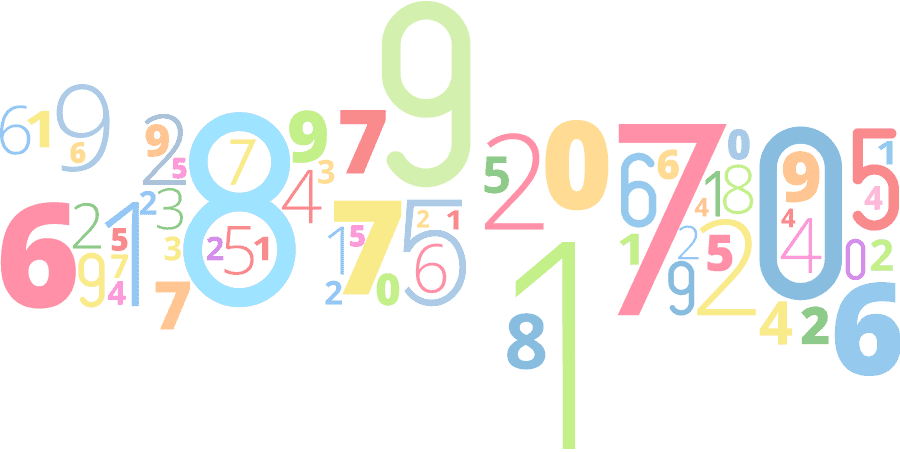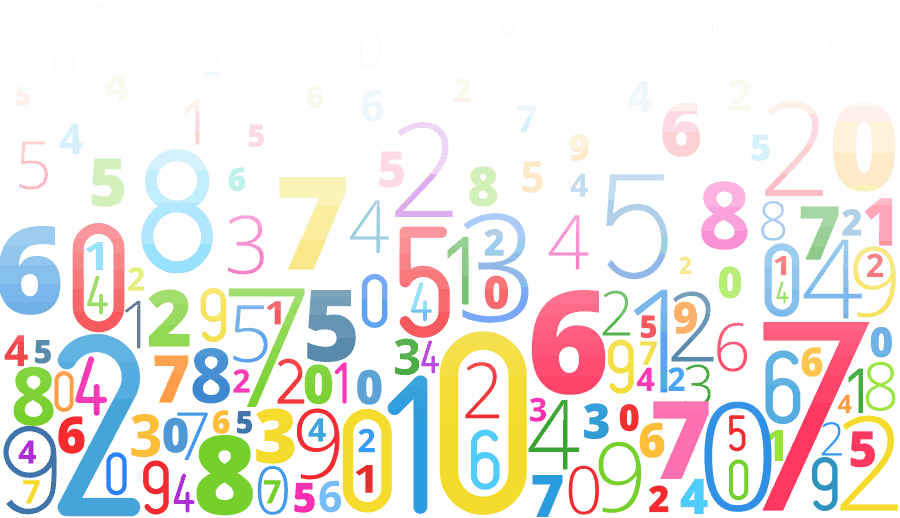Signs of Dyslexia Every Parent Should Know
You have an extremely bright and inquisitive child.
So when you send her off to kindergarten, you are excited for this new adventure in her life. Yet as kindergarten progresses, you are surprised to receive a phone call from the teacher that she is behind her classmates.
While other children have mastered the sight words, and are beginning to read, your daughter is still struggling with basic words.
You don’t understand.
How could your smart child be struggling in kindergarten?
Then a friend suggests, “Maybe she’s dyslexic.”
“ Dyslexic,” you wonder. “Isn’t that where people write backward? I don’t think she is dyslexic.”

Should you be worried? NO!
However a little research will point out a number of surprising points about the condition and the.
First it is much more common than most people think, affecting up to 20% of the population.
Second, while difficulty reading is a fundamental feature of dyslexia, there are other more subtle characteristics, especially in the younger child.
Having some of these symptoms is not conclusive for dyslexia, but if you recognize your child in many of the items in this list, it might make sense to have a conversation with your pediatrician.

10 Surprising Signs Of Dyslexia
1. Early crawling or may skip crawling altogether – Crawling is an interesting developmental milestone. Developmental screening tools, such as the Denver Developmental Screening Tool II, do not even mention crawling. Yet we know it to be an important developmental phase. Crawling helps strengthen the upper and lower body. It helps coordinate the left and right sides of the body. It may also be important for visual-spatial development. Children with dyslexia may crawl at a very early age (my own son was crawling all over by 4 months old) or they may never crawl, skipping right to walking.
2. Confusion of left and right – There is some evidence that children with dyslexia have difficulty distinguishing their left from right. This may have to do with the way information communicates from one side of the brain to the other.
3. Difficulty tying shoes – Children with dyslexia may struggle with shoe tying. This may be related to the difficulties with left and right, and the crossing of information from one side of the brain to the other. It may also have to do with fine motor issues, more on that later.
4. Late talking – Children with dyslexia may be delayed in speaking. One of the challenges that children with dyslexia have is pulling apart words to recognize the individual sounds that make up the word. As such they may have difficulty learning to speak.
5. Difficulty rhyming – Because children with dyslexia have difficulty recognizing the sounds that make up words, this makes rhyming extremely difficult. Since one of the earliest rhymes a child learns is the alphabet, a dyslexic child may struggle to learn the ABC’s
6. Speech difficulties – Beyond a delay in speech, children with dyslexia may exhibit other difficulties with speech. These may include a lisp or stuttering. Sometimes when speaking, they may substitute a similar sounding word
7. Difficulty writing name – Since the first word a child usually learns to write is his name, this may be the first clue to dyslexia. Parents may sometimes rationalize that their child has a long or complicated name such as Alexander or Jacqueline, making it difficult to learn. However, in the context of some of these other issues, dyslexia may be a cause.
8. Difficulty with fine motor skills – children with dyslexia may have difficulty with skills involving fine motor tasks including: coloring, buttoning, and using zippers.
9. Introversion – Another characteristic that you may not immediately associate with dyslexia is being introverted. However, many adult dyslexics report that they are considering themselves to be introverts and parents of dyslexic children relate that their kids prefer to play by themselves.
10. Exceptional creativity – One of the strengths of dyslexic children is creativity and the ability to approach problems in a unique way. This is the reason many of our most creative roles in society, including art, music, acting, and science, are filled with dyslexic people.
So there you have it, 10 signs of dyslexia that you may not realize are associated with the condition.
In Conclusion & What You Can Do
If your child exhibits signs of dyslexia, should you be worried? No. It is always important to look at the child as a whole.
However, if you see that your child has many of these symptoms, it might be time to approach the school and your pediatrician for further testing.

Lucie M. Curtiss, RN, and Douglas C. Curtiss, M.D., FAAP are the co-founders of Dyslexic AND UN-Stoppable, LLC. Their mission is to empower dyslexic children to become UN-Stoppable and overcome dyslexia by rediscovering their inner power. They are here to remind dyslexics that they are SMART!










